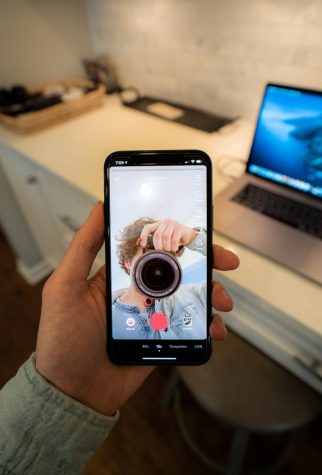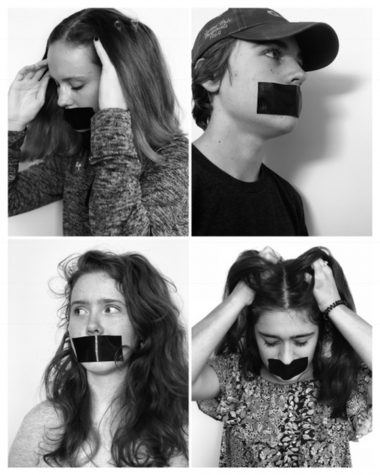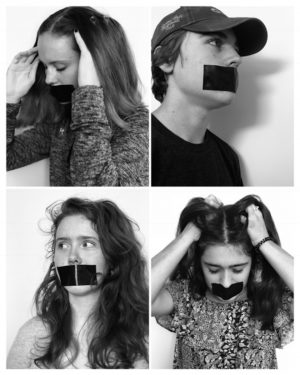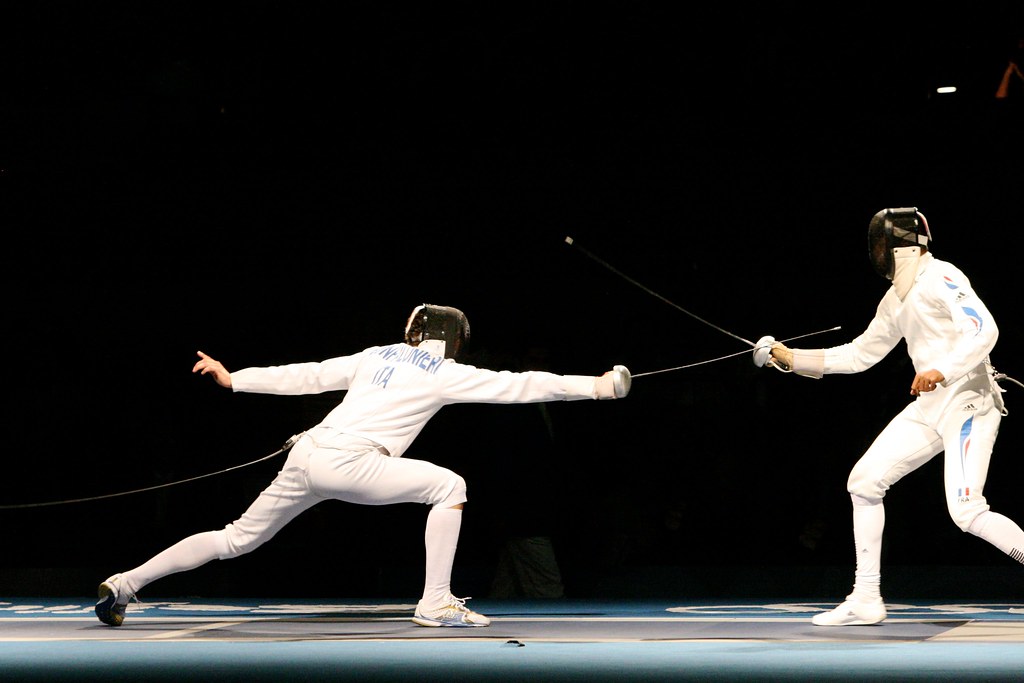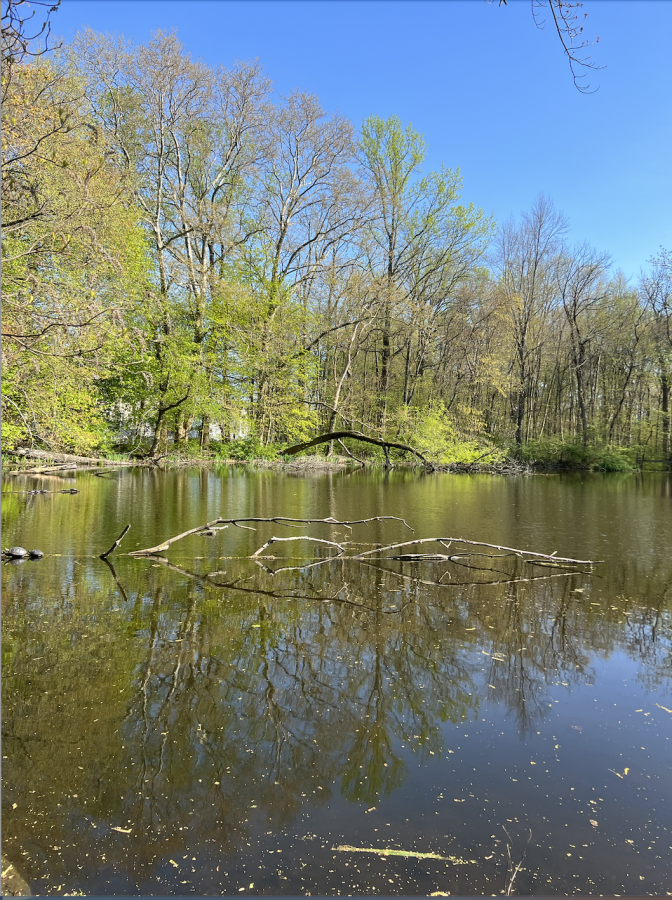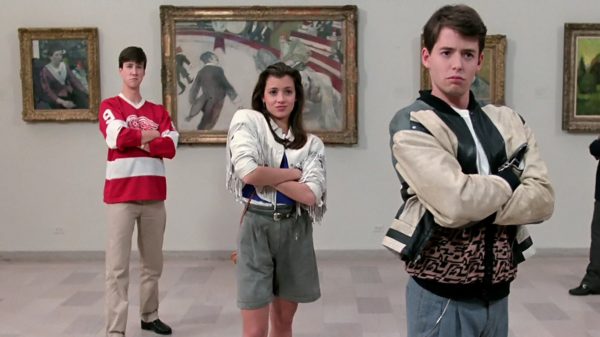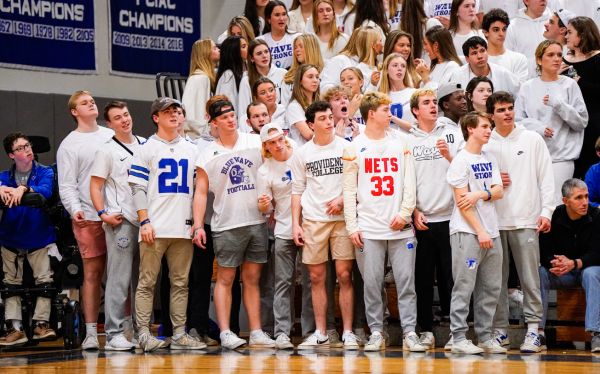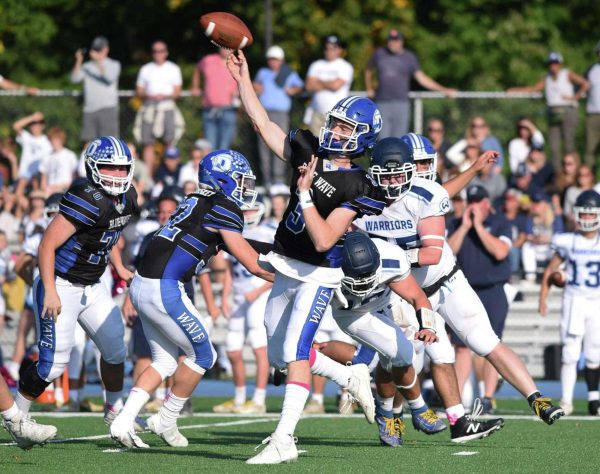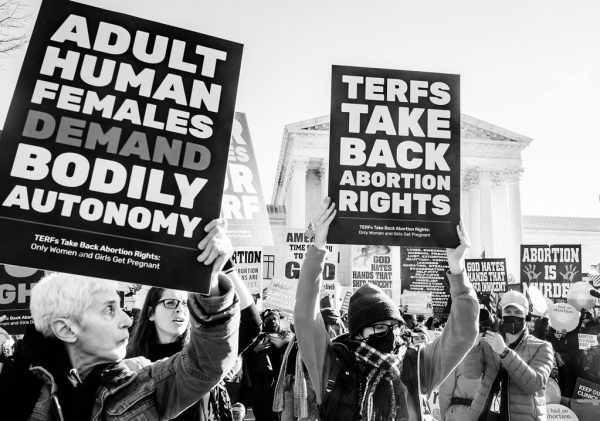Does TikTok actually INCREASE Mental Health Awareness?
I went into my research having a negative point of view about the impact of tiktok on young adults’ mental health but I found exactly the opposite.
May 20, 2021
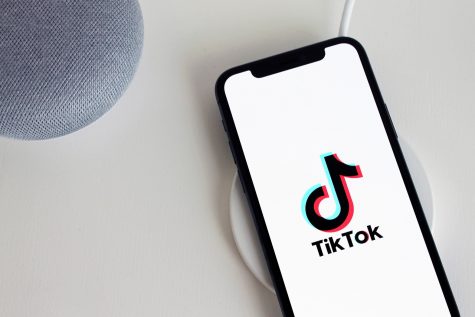
Of those of you who are unfamiliar with TikTok, TikTok is a social media site that allows you to watch these short videos (15-60 seconds) of a person dancing, talking, or whatever it may be unfiltered. According to Jennifer Tzeses in the article “TikTok Therapy: What Happens When Mental Health Struggles Go Viral”, the amount of TikTok users jumped during the global pandemic to 500 million users from 29.7 million users. It seems that TikTok has become a coping mechanism or distraction for many young adults during the pandemic, healthy or not. What Tzeses mentioned, that I agree about, is how TikTok “relatable” and unlike Instagram, which “a face-tuned alternate universe” that paints a picture of a fake perfect reality.
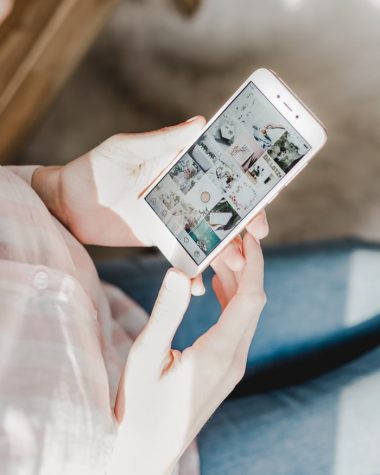
Thea Gallagher, from the Center for Treatment and Study of Anxiety, says in the article about TikTok that “It’s highlighting mental health conditions and bringing awareness to these issues.” Evidently, TikTok has become a sanctuary for young people to escape school and other obligations. Therefore, many organizations and advocates for mental health (doctors, psychiatrists, etc.), as well as TikTok “influencers”, have advertized services for mental health as well as gave advice on this app. TikTok has become such a big platform that companies will use it for advertisement or branding.
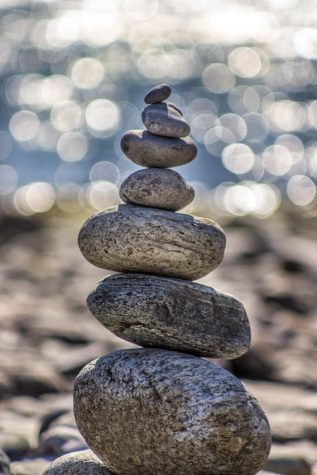
But the impact of TikTok on the younger generation is not all positive and inspiring for teens and young adults. One DHS junior, Leighton Gajwani, even says: “I think on TikTok a lot of people’s posts get hate comments for no reason”, indicating that while TikTok does not paint a false reality like Instagram, it still comes with the downside of social media. However, Gajwani also mentions that TikTok makes her feel less lonely knowing “other people feel the same way as I do” because the content usually teenagers will post is associated with situations of everyday life. Similarly, DHS junior Rhea Bhat states: “Often, I have felt alone in my thoughts or feelings but seeing people on TikTok going through the same thing gave me a sense of relief in that sense.” A trend in my interviews with students from DHS indicates that TikTok built an online community and support system because often, knowing that others go through the same thing we go through makes us feel less lonely, which is especially essential during this pandemic.
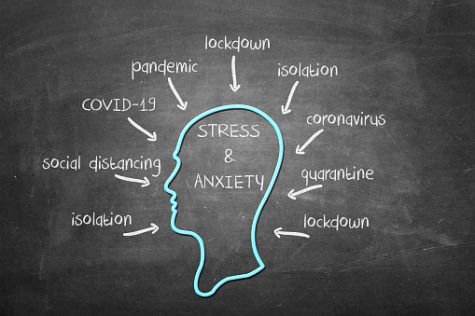
Yet the biggest topic for debate is whether or not TikTok causes or eases anxiety. A DHS junior said: “In the case of my mental health, I think it [TikTok] has made me more self-aware… like I always knew I had anxiety but lots of people on TikTok who also have anxiety said some of their symptoms that I also have but didn’t even know they were symptoms – so part of that is what made me realize I need help.” This student proves what Gallagher, the researcher, has stated about the awareness of mental health, whether it is the types of diagnoses, such as OCD or ADHD, or a self-reflection of one’s mental state. Again, the trend from my three interviews arises–this trend of being able to relate and not feel lonely in what a person is going through. TikTok has allowed for, as Tzeses wrote, an “unfiltered” environment for young adults to express themselves and build an online support system.
